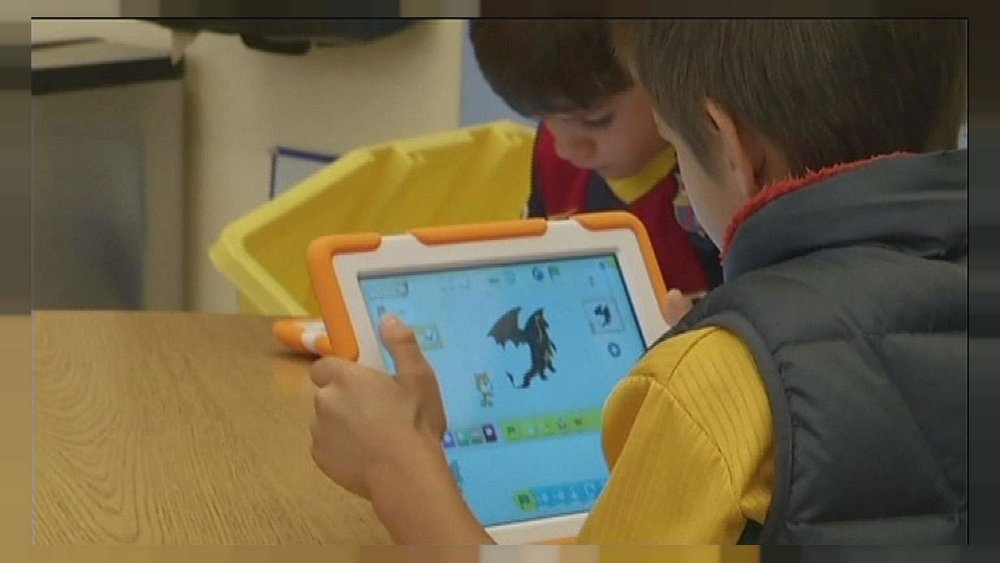Children and cyberspace; how to deal with cyberbullying?

TEHRAN -- Do we have the power to cope with cyberspace? Many experts believe that the answer is negative. A number of children experts and professionals discussed the ways to use cyberspace as a capacity during a meeting on last Wednesday.
The government can increase media literacy and introducing the red lines to the society, university professor Seyyed Bashir Hosseini said.
Families should have their own strategies and wisdoms to deal with cyberbullying and they cannot condemn the governments to stop the infrastructure development of cyberspace
The role of family is much more important than the role of government in recognition of the capacities of the cyberspace, he added.
Families should have their own strategies and wisdoms to deal with cyberbullying and they cannot condemn the governments to stop the infrastructure development of cyberspace, he explained.
“We should recognize cyberspace as a reality and believe that we have encounter something more than a revolution, which already changed many terms and relations and most of children and young adults are using smartphones,” he said.
“Our children are growing up with concepts like blockchain and crypto currency and they form the society in coming 20 years,” he said.
Without media literacy, which makes content attractive and develops it, the society cannot treat children, he said.
Government cannot be responsible for cyberspace’s content
During the meeting, the children writer Ali Asghar Seyyedabadi said that cyberspace is present in real life and all people are engaged with it.
“Everybody can produce content at his or her home and no one wait for an organization to provide it,” he said.
He said that the entrance of government to content production for kids lead to failure.
Cyberspace is a pluralistic entity, hence no single organization or government can decide for it, he explained.
“The cyberspace provides an opportunity for us to be user as well as producer at the same time. Hence on cannot regard cyberspace as a cultural entity and disregard its economic impact,” he explained.
Children have different characteristics and we cannot categorize them by their nationalities, he explained.
Kids create content themselves
During digital era, the main concern is not content creation for children but some more fundamental problems, kid’s content creator Hossein Sheikholeslami said.
The children who teach their parents about cyberspace do not wait for someone who create content, he said.
Today children are living in another world, which is not very familiar for us, he said.
“Actually we do have two worlds, one of them named cyberspace and we should believe that in this new world, children are not mere addressee and costumers but they have crucial roles by themselves,” he said.
In late January, the Ministry of Information and Communication Technology (ICT) announced that some 65 percent of children in Iran between 3-5 years of age have smart cellphone or tablets.
Deputy education minister for training Alireza Kazemi announced in December 2018 that about 20 million internet users out of 56 million users are below 18 in Iran.
People spend from 20 to 80 hours per week in cyberspace, which change sleeping time and encounter them to unnecessary information and issues, he said.
In mid-November, the Information and Communication Technology (ICT) Ministry announced that it plans to introduce parental control applications in the near future.
According to a survey conducted by the ICT Ministry, only eight percent of Iranian parents monitor their children’s online activity.
The survey revealed that Iran is not very successful in content creation for children and to control children’s online activity.
SB/MQ/MG
